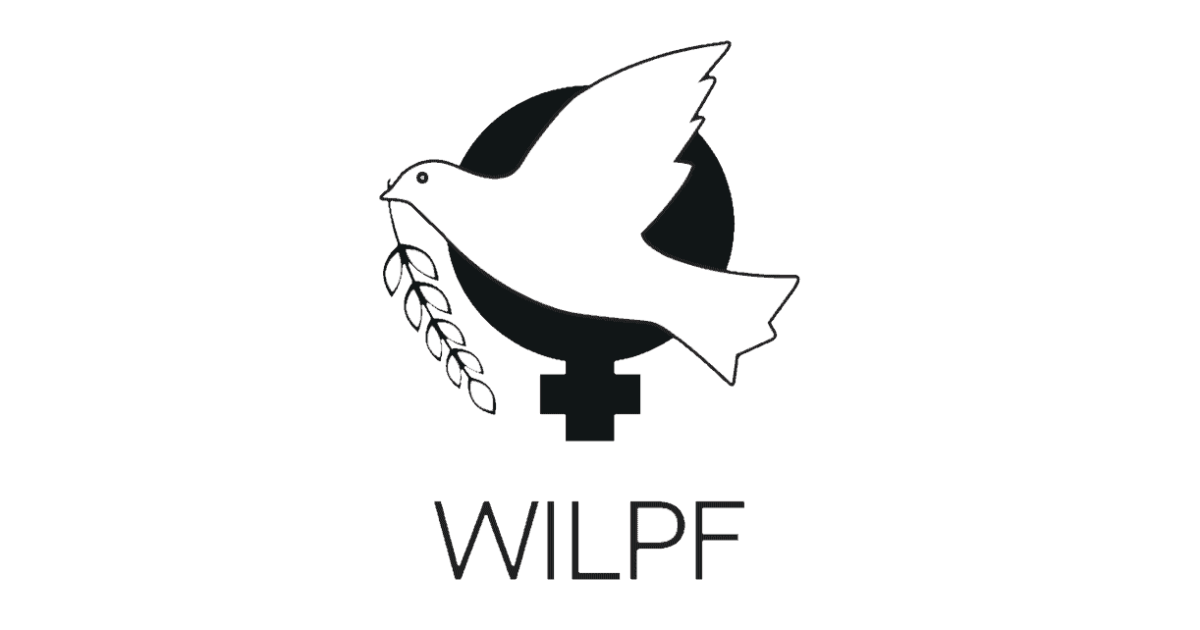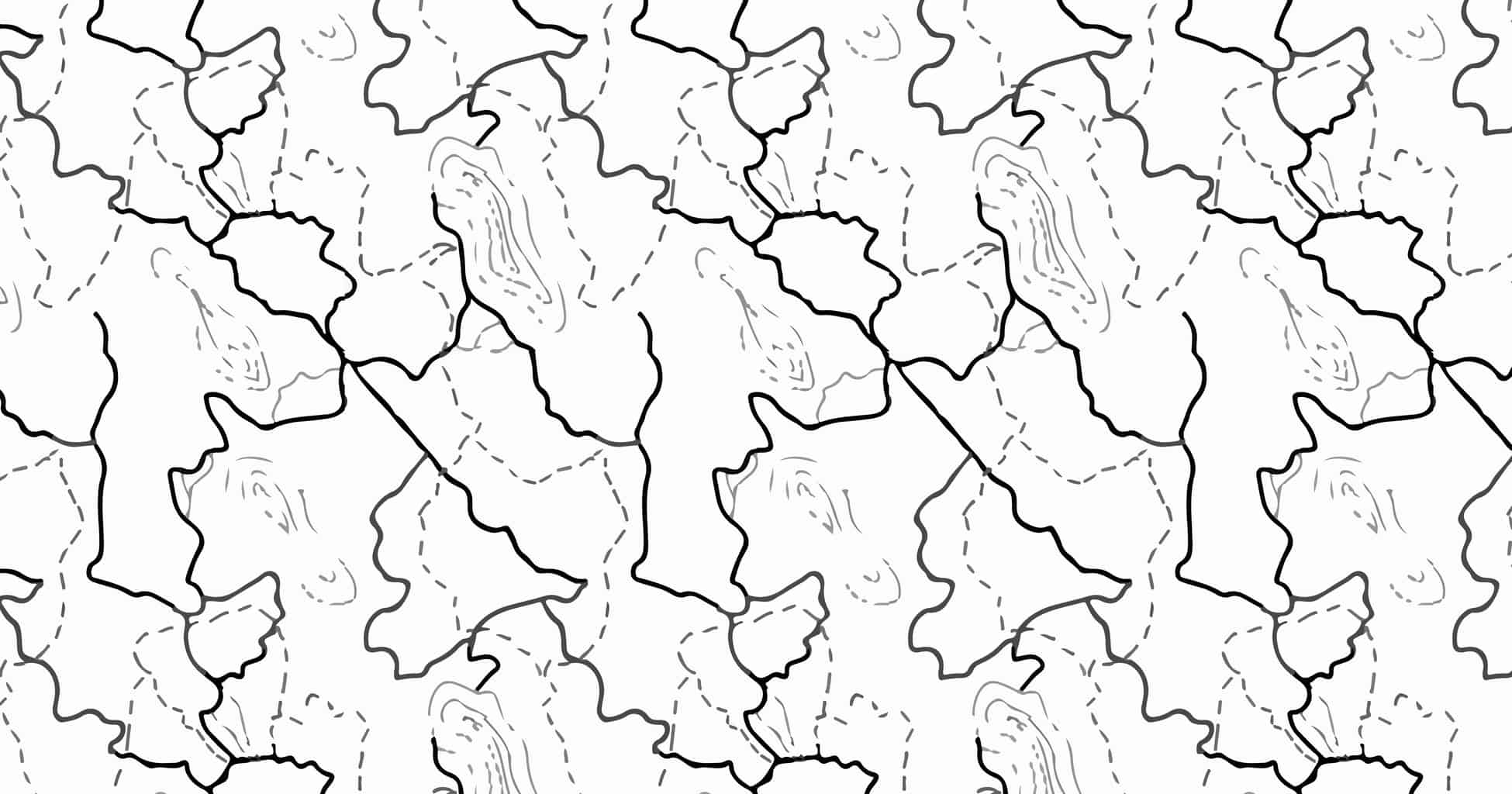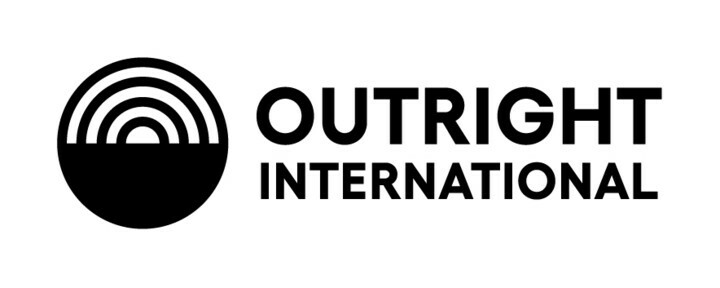Syria & Golan Heights
Syria & Golan Heights
Since 2011, Syria has been on the United Nations Security Council’s agenda, when President Assad’s aggressive actions against pro-democracy protesters during the Arab Spring became more frequent and increasingly violent, leading to civil war and terrorist violence within the country.
Insecurity is the primary concern for women, yet in spite of their limited operating environment, women activists have organized nonviolent protests, distributed and monitored humanitarian aid, documented human rights violations, created safe spaces for women and children, and worked at the local level to set up ceasefires, prisoner releases, and elections.
Based on the work of NGOWG members and their partners, the NGOWG advocates for ensuring women’s needs— such as secure access to sanitation facilities and hygiene, and health assistance— are adequately addressed, and that Syrian women are equally and meaningfully participating in the UN-facilitated political process and in the design and implementation of ceasefire monitoring mechanisms.
Golan Heights
Golan Heights, a disputed plateau in south-western Syria, is home to an equal number of Syrians and Jewish settlers, and since 1973, United Nations Disengagement Observer Force (UNDOF) peacekeepers have observed a contested territorial line between Israel and Golan Heights.
In the current Syrian conflict, Golan Heights has become a key strategic geopolitical position, causing an escalation in violence and increased violations of the ceasefire territorial agreements. Recent advances and attacks by the Islamic State of Iraq and the Levant (ISIL) have concerned residents of Golan Heights— particularly given ISIL’s systematic denial of women’s rights and perpetuation of violations against women.
Based on the work of NGOWG members and their partners, the NGOWG advocates for addressing the increasing gender imbalance in UNDOF by deploying a higher percentage of women, and inclusion of gender-specific language in the UNDOF mandate.
Current and Past Recommendations to the UN Security Council (Monthly Action Points)
The Council’s recent failure to fully renew the cross-border aid mechanism established in Resolution 2165 (2014) will exacerbate an already dire humanitarian situation, particularly by limiting health supplies in northeast Syria, many of which would help women with their personal hygiene. In addition, increasing hostilities in northwest Syria are placing even more civilians at risk and limiting their access to services and humanitarian assistance. Since 1 December 2019, nearly 390,000 people, 80% of whom are women and children, have been displaced in northwest Syria, bringing the total displaced since May 2019 to almost 500,000 (OCHA, UNFPA). Millions of civilians remain trapped in the area, the vast majority of whom are also women and children, and remain at continued risk as the bombardment and hostilities escalate. Displacement increases the risk of sexual and gender-based violence and other violations that disproportionately affect women, such as by increasing their dependence due to several factors, including entrenched gender discrimination that makes them dependent on others for safe passage, shelter, and essential services. SGBV, including forced marriage or so-called “honor crimes,” is high in camps such as Al Hol (UNFPA) and other open spaces where women live in informal settings. It is vital that the Council work to see a cessation of hostilities. The Council must call for rights-based, survivor-centered humanitarian action that is gender-responsive and provides immediate and non-discriminatory aid response as well as quality health services, including sexual and reproductive health services, to all affected communities. Furthermore, the Council must urge inquiry into more than 100,000 people forcibly disappeared, detained, abducted or gone missing throughout the past eight years in Syria (COI on Syria) and demand the immediate and unilateral release of those who have been arbitrarily detained. While the Council approaches the issue as a confidence-building measure between parties, addressing arbitrary detention, enforced disappearances, and torture of Syrians is critical to comply with international human rights law and IHL. Any effort to end detention, enforced disappearances, and torture must be carried out with an understanding of the gendered impact of these violations, including the intentional targeting of women for their or their family’s activism, and the resulting stigma women face after release. Further, there must be resources and support for anyone released from detention, including women and LGBTIQ+ people, many of whom face challenges in gaining access to essential services, such as vital sexual and reproductive health services and mental health treatment after release. Women’s meaningful participation must be supported in all peace and political processes. The Office of the Special Envoy (OSE) should prioritize meaningful participation, dialogue and inclusion of Syrian women activists, peacebuilders and human rights defenders. As a means of ensuring accountability, reporting by UN senior officials must include analysis and information on efforts to support women’s meaningful participation (S/RES/2449 (2018), OP 12). In the context of the development of a new constitution, international human rights law and humanitarian law norms, such as gender equality, must be firmly enshrined in the new constitution in order to ensure that women’s rights are guaranteed in Syria’s future and that they are able to participate equally and meaningfully in social and political life. Finally, the outcomes of the February 2020 meeting of the Security Council IEG on WPS should be reflected throughout all future meetings on Syria.
Relevant Resources







